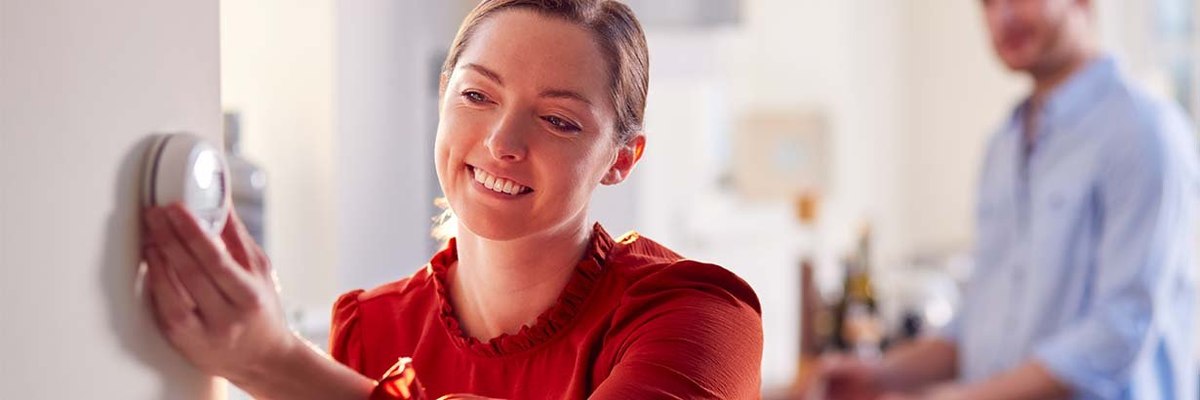Such support is in line with our neighbours on the continent, where schemes have received wide attention
In early October it was reported that Liz Truss had blocked attempts by the business and energy department to launch a public information campaign asking Britons to cut their energy use in order to help reduce the risk of blackouts this winter.
Truss is now gone, but no campaign has appeared, although there have been hints that a telephone advice service may be set up to inform people how to save energy. Analysis by the Social Market Foundation think tank found that a public information campaign could save households £250-400 and the Treasury £9bn.
By contrast, neighbouring governments in France, Germany, and Italy have all launched schemes.
As a result, in France, as many as 79% of people have seen messaging from their government asking them to reduce the amount of energy they use in the run up to winter, according to a new YouGov poll, as have 72% of Germans.
Most Italians (56%) have also noticed government campaigning, as have half of Spaniards (48%). While Spain introduced laws on government and business energy use in August, it is not clear whether a reported forthcoming campaign to encourage private citizens to cut their energy use ever launched. That said, prime minister Pedro Sánchez did receive a lot of publicity for his advice to citizens that they could save energy staying cool by not wearing a tie.
In Britain, only 26% of people say they have – given the government has not launched a campaign it is not clear what they are referring to, but could be referring to campaigns by independent regulator Ofgem or local council campaigns.
Liz Truss’s opposition to an energy saving campaign stood at odds with the public view: 60% of Britons say they would support the government running such a campaign, with only 25% opposed.
This is largely in line with opinion on the continent, with the same number in France back the government running campaigns, as do 54% of Germans. In Spain and Italy, support is even higher, at 72% and 76% respectively.
Photo: Getty






